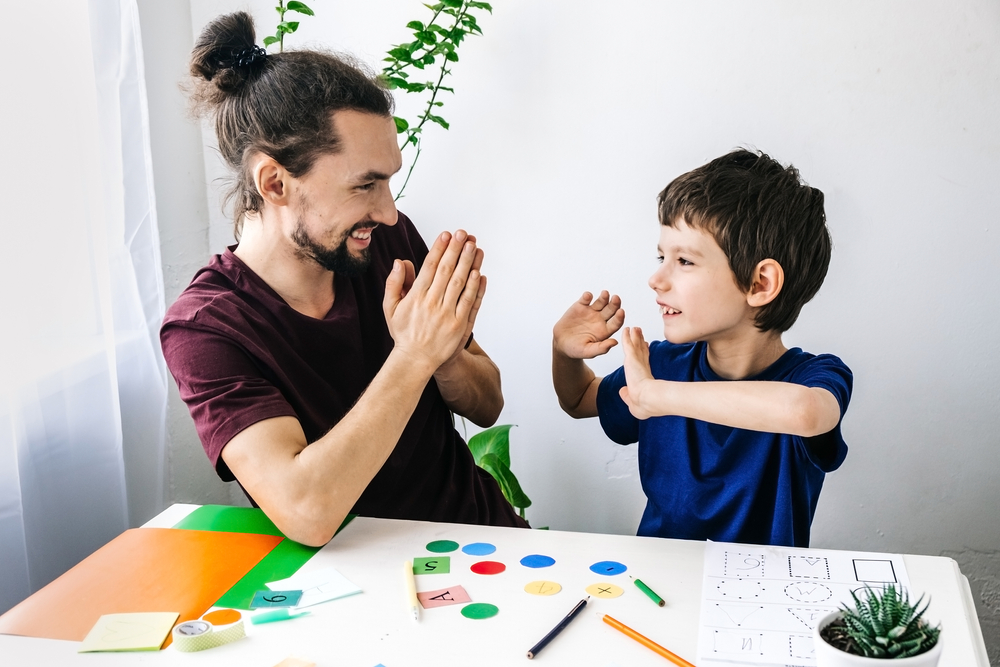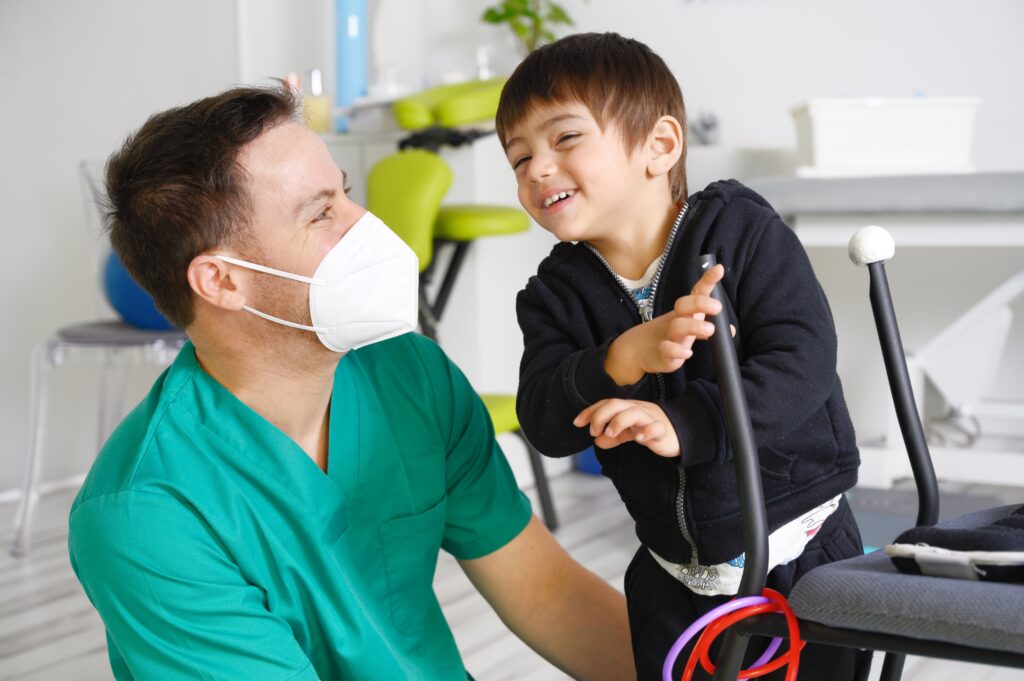ADHD and sleep problems: how to make sure you’re getting your Zs
Let us tell you about Alex.
Every night, Alex would toss and turn, struggling to fall asleep.
Mornings were a battle, with grogginess making school or work almost unbearable. You might think it’s just a poor sleep routine.
But for Alex, and many like him, attention-deficit hyperactivity disorder (ADHD) and sleep problems were intertwined, creating a cycle that was tough to break.
How do you make the connection between ADHD and sleep problems, and how do you find effective solutions?
Making the connection between ADHD and sleep
For many, ADHD, with its hallmarks of inattention, hyperactivity, and impulsivity, might seem strictly a daytime challenge.
But if you delve deeper, you’ll find a surprisingly common companion to ADHD: sleep disturbances.
Just like Alex, many individuals with ADHD face restless nights.
It’s not uncommon for them to experience difficulty falling asleep, staying asleep, or feeling refreshed the next day.
And it’s not just about an off-night; it’s a consistent pattern that links ADHD and sleep problems in an intricate dance.
Research has been hard at work to figure out why that is.
Some believe it lies in the circadian rhythm – this natural body clock might be slightly out-of-sync for those with ADHD.
The result?
Their peak alertness might come at a different time – say, late evening instead of morning.
Then there’s the role of dopamine.
Dopamine, a neurotransmitter, plays a significant role in both ADHD and our sleep-wake cycle.
Variations in dopamine function can affect attention and alertness levels during the day, and influence sleep patterns at night.
The impact of poor sleep
Juggling ADHD symptoms and then adding sleep deprivation into the mix can make life really difficult.
Lack of sleep doesn’t just make you yawn – it can amplify your ADHD symptoms.
So, a child or adult with ADHD might appear even more inattentive, impulsive, or hyperactive after a poor night’s sleep.
And the effects ripple out. It can influence school performance, work productivity, and even personal relationships.
Signs you’re not getting enough sleep
- Fatigue and excessive daytime sleepiness: Feeling tired and the urge to nap throughout the day.
- Mood changes: Increased irritability, mood swings, heightened emotional reactions, or feeling more down than usual.
- Reduced concentration: Difficulty focusing on tasks or being easily distracted.
- Memory issues: Forgetfulness and trouble remembering information or tasks.
- Decreased performance: Reduced productivity, making more errors, and taking longer to complete tasks.
- Reduced motivation: Lack of enthusiasm or interest in daily activities.
- Impaired judgement: Difficulty making decisions or assessing situations correctly.
- Increased caffeine consumption: Relying on coffee, tea, or energy drinks to stay awake and alert.
- Heavy eyes: Persistent eye strain, dryness, or dark circles under the eyes.
- Microsleeps: Experiencing very short, unintended bouts of sleep or zoning out.
The role of early intervention
Just as you wouldn’t wait for a small spark to become a roaring blaze before you put it out, addressing ADHD and its associated sleep issues early on can prevent a lot of struggles down the line.
At Early Start, we aim to tackle the insomnia sleep problems at their root cause.
While your sleep difficulties may be a result of your ADHD, they might also be rooted in something biological, such as obstructive sleep apnoea or restless leg syndrome (RLS) which may require medical intervention.
Traumatic and adverse childhood experiences are also well-known to affect sleep negatively and can be addressed in therapy.
Whether it’s behavioural strategies, sleep hygiene, or therapeutic techniques, getting help early can change the game, for both young children and adults alike.
Tips and techniques for better sleep
Grappling with the dual challenges of ADHD and sleep disturbances can feel like navigating a never-ending maze.
But, with the right strategies and tweaks, there’s a path to restful nights and energetic days.
1. Sleep hygiene
- Keep a consistent routine. Going to bed and waking up at the same time every day, even on weekends, can train the body’s internal clock. This consistency helps in naturally feeling sleepy when it’s time for bed.
- Have wind down rituals. An hour before sleep, engage in calming activities. Whether it’s reading a book, listening to soft music, or doing some light stretches, find what soothes your mind.
- Limit your screen time. The blue light emitted from phones, tablets, and computers can interfere with the production of melatonin, our sleep hormone. Try to shut off screens at least an hour or two before bed time.
2. Environment
- Comfort is key. Invest in a good mattress and pillows. The comfort they provide can be the difference between tossing all night and sinking into a restful slumber.
- The darker, the better. Dark curtains or blackout blinds can shield the room from external light sources, ensuring a deep, uninterrupted sleep.
- Keep things cool and quiet. A slightly cool room can enhance sleep quality. Combine that with white noise machines or earplugs to block out disruptive noises.
3. Avoid stimulants
- Watch the caffeine. Limiting coffee, tea, and certain soft drinks, especially in the evening, can prevent that wired feeling when you’re trying to drift off.
- Medication timing. Some ADHD medications or other stimulant medications can interfere with sleep. It’s essential to consult with a doctor about when best to take them. Perhaps a morning dose or a different medication might be more suitable – chat with your doctor to figure out what will work best for you. Similarly, alcohol is known to have a strong negative effect on sleep quality. It might help you to fall asleep quicker but your sleep is likely to be more restless as a result.
4. Relaxation techniques
- Meditation and mindfulness. Guided meditation or mindfulness exercises can help in calming the mind and preparing it for sleep.
- Deep breathing. The simple act of deep, rhythmic breathing can reduce anxiety induce a sense of relaxation. Try the 4-7-8 technique: inhale for 4 seconds, hold for 7, and exhale for 8 a few times, then allow your breath to return to a steady pace while you gently focus on it.
- Warm baths or showers. A warm bath with a few drops of lavender oil can relax tense muscles and prepare your body for a restful night.
5. Seek professional help
- Sleep clinics. If disturbances persist, consider visiting a sleep clinic. These specialists can diagnose specific sleep disorder and recommend treatments.
- Therapists and counsellors can offer cognitive behavioural therapy or other techniques that address the root causes of sleep disruptions.
- Early intervention services. As a proactive step, consider reaching out to early intervention services to ensure that you’re addressing both your ADHD and sleep issues holistically.
Need some help with ADHD-related sleep problems?
Early intervention is not just for early childhood.
We have a range of ADHD support services to provide care and help with your daily functioning and sleep.
Find a clinic and book an appointment today.









